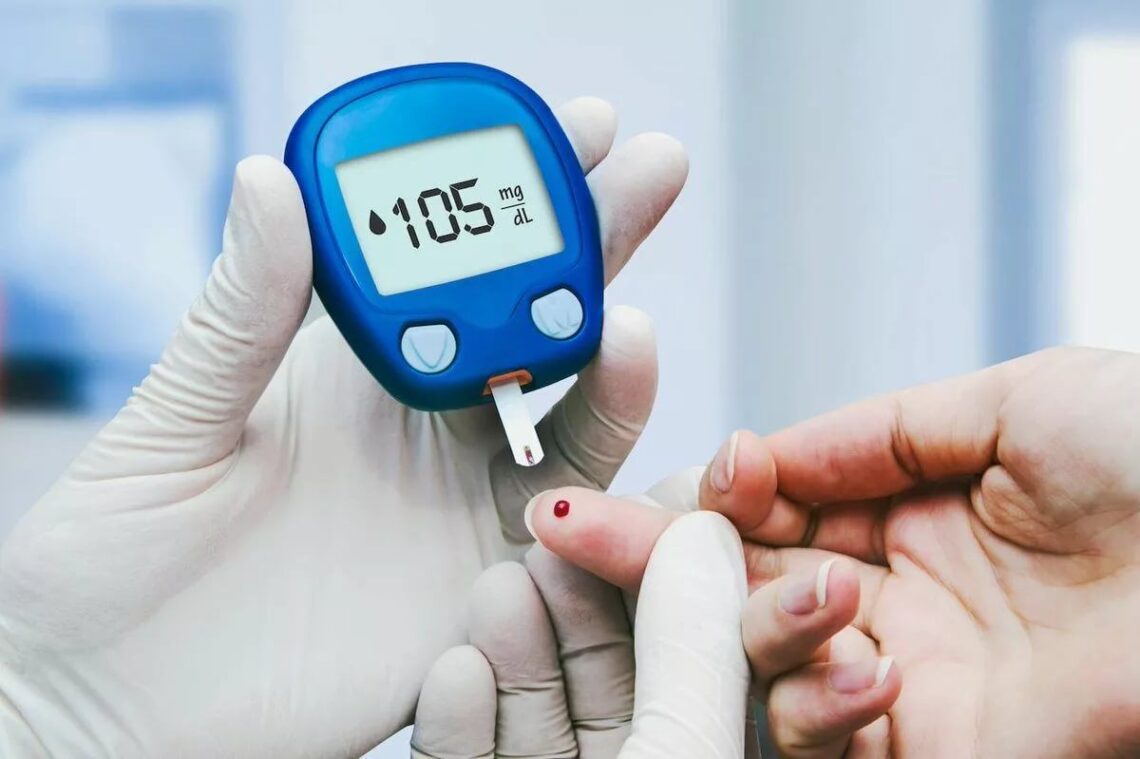
Diabetes mellitus is a metabolic disease that occurs due to insufficient synthesis or absorption of insulin, as a result of which the body is not able to process glucose normally.
Since the middle of the last century, diabetes mellitus has been referred to as psychosomatic diseases, since mental factors are of exceptionally great importance in its occurrence and course - both character traits (personality structure), and acute and chronic stressful events.
The reason for this is that the endocrine system in general and the pancreas in particular are very sensitive to the imbalance of the nervous system that occurs due to the tense psychological state of a person. When a diabetic patient gets nervous, his blood sugar rises, and when he calms down, it decreases. On vacation, on vacation, when there is no stress, sugar sometimes drops to normal, while outbursts of anger, frequent resentment, guilt, shame, replaying unpleasant events in the head activate the disease.
Specific personality traits in future diabetic patients are formed in childhood, creating a predisposition to this disease. Many authors note that such children before the disease had “increased conscientiousness, seriousness, lack of childish carelessness”, while they had violations of contacts with adults, conflicts with relatives, difficulties in social adjustment, anxiety, depression, increased shyness, low self-esteem.
Scientists from the University of Munich have identified the following main causes that contribute to the development of diabetes in terms of psychosomatics:
- Post-stress depression. They can develop after some kind of severe shock: the loss of a loved one, the divorce of parents, interpersonal conflicts. In these cases, the body seems to “freeze” in a state of shock and cannot get out of it in any way, although the situation has already become a thing of the past.
- Psychological instability, increased anxiety, a feeling of panic expectation. The body in a state of panic attacks burns sugar very quickly, insulin barely has time to be produced. That's why many people want to eat something sweet to cope with nervousness and anxiety. Over time, the need to seize stress becomes constant, and as a result, insulin production is disrupted.
Other researchers (Mendelevich, Solovieva, 2002) identify such psychosomatic causes of diabetes:
1. Conflicts and various personal needs are met through food. Gluttony and obesity may occur, followed by prolonged hyperglycemia and further depletion of the insular apparatus of the pancreas.
2. Due to the equating of food and love, in the absence of love, there is an emotional experience of the state of hunger and thus, regardless of food intake, a hungry metabolism corresponding to diabetic.
3. Diabetes is a consequence of chronic anxiety associated with the unconscious childhood fear of being defeated and injured due to aggressive rebellious and sexual urges. Patients with diabetes often have unusually strong tendencies to receive and accept help.
4. The fear that persists throughout life mobilizes a constant readiness to fight or flee, with corresponding hyperglycemia without relieving psychophysical stress. On the basis of chronic hyperglycemia, diabetes mellitus is easily formed.
That is why psychotherapy must necessarily be included in the treatment of diabetes mellitus (both type 1 and type 2). Especially effective is hypnotherapy, during which the psychotherapist helps the patient to remember the stressful events that provoked the development of the disease. Returning a person in a state of hypnosis to the past, the hypnotherapist turns off the mechanisms of the pathological connection that causes glucose metabolism disorders.
A good non-drug treatment is also transcranial electrical brain stimulation (TES). It is widely used to relieve pain of various origins due to its analgesic effect, and also has a positive effect on the processes of reparation and an increase in the psychophysiological status of a person, reduces anxiety and depression. A promising treatment for inflammation and psycho-emotional imbalance associated with allergies is infusion treatment with ketamine.
Guided by the principles of integrative, holistic medicine, combining psychotherapy with ketamine infusions, transcranial electrical stimulation, rehabilitation of the brain "Neurohelp", body-oriented therapy and art therapy, a significant improvement in the health of patients can be achieved.
